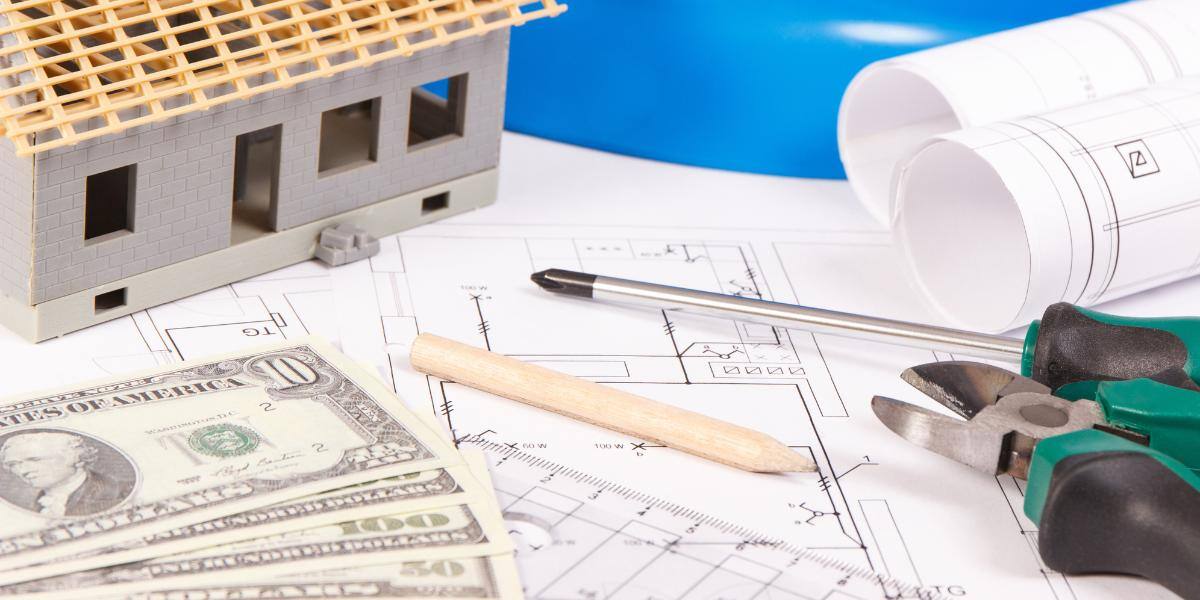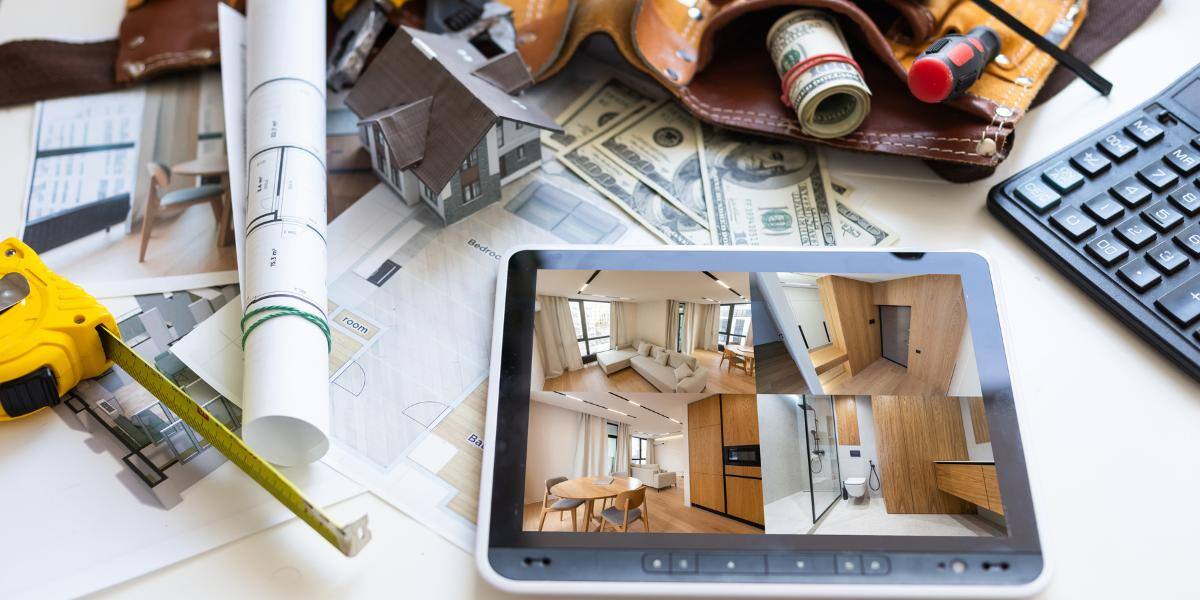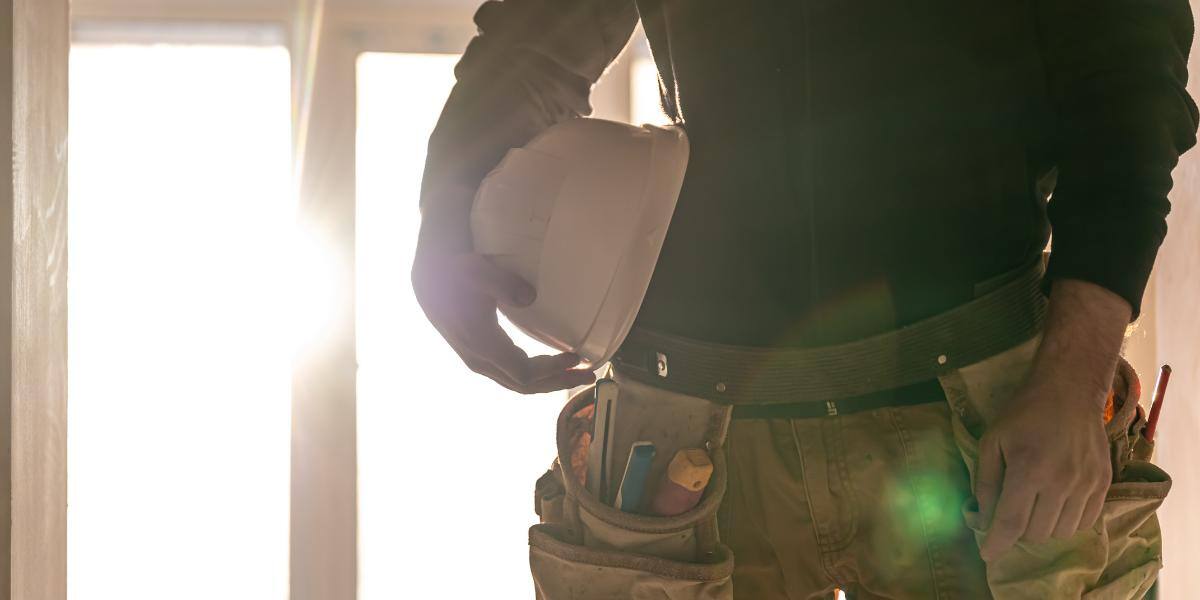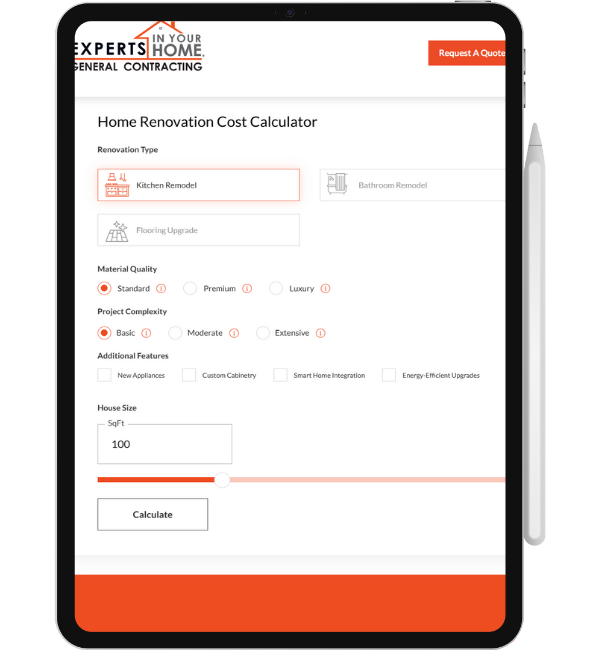Average Home Renovation Costs (By Type)

Not all remodels are created equal. Some homeowners choose to do a full renovation of their property, while others focus on one area at a time. Here’s a breakdown of the average home remodel costs depending on the scope and scale of the project.
Whole-Home Remodel
A full home remodel typically includes everything—kitchens, bathrooms, living areas, flooring, and often, upgrades to plumbing and electrical systems. On average, a whole-home remodel can cost between $100,000 and $200,000 for a 2,000-square-foot house, depending on your finishes and location.
High-end remodels can exceed $250,000, especially if you're replacing systems, adding square footage, or choosing luxury finishes. On the lower end, a budget-conscious remodel that keeps layouts intact and uses more affordable materials may land closer to $75,000.
Partial Remodel
A partial remodel can involve specific areas of the home, such as a kitchen, bathroom, or basement. These projects typically range from $10,000 to $50,00, depending on the size and materials. A mid-range kitchen update might cost $30,000, while a modest bathroom remodel could fall under $10,000.
Partial remodels are a good option if you want to make a noticeable improvement without committing to a full overhaul.
Interior vs. Exterior
Interior remodels often include drywall, flooring, cabinetry, plumbing, and electrical work. These can be labor-intensive and more costly per square foot.
Exterior upgrades like siding replacement, roofing, new windows, and decks also come with costs. A new roof can range from $8,000 to $15,000, while new siding might cost between $10,000 and $20,000. Curb-appeal projects may not require a full remodel, but they still impact your budget.
High-End vs. Budget Renovations
High-end renovations involve premium materials like marble countertops, custom cabinets, or imported fixtures. These projects can double your costs quickly.
Budget renovations focus on function and aesthetics with more cost-effective options—think stock cabinets, laminate counters, or basic tile. These upgrades still provide great results without breaking the bank.








